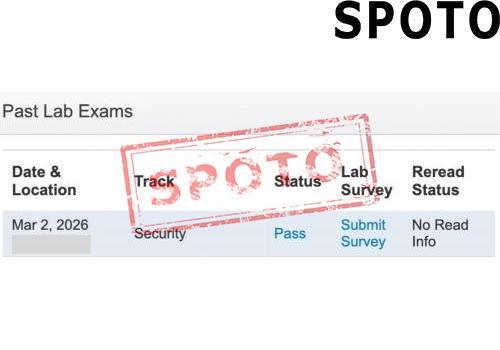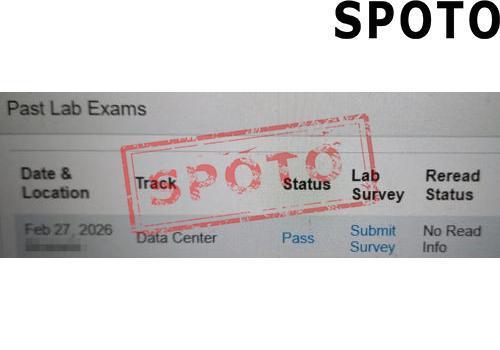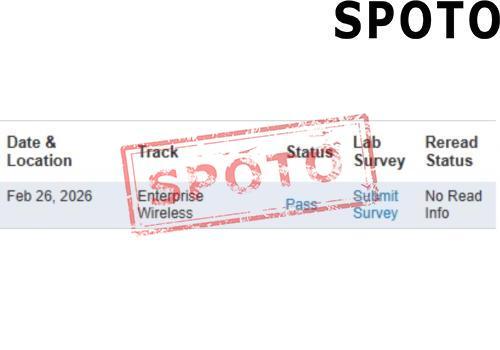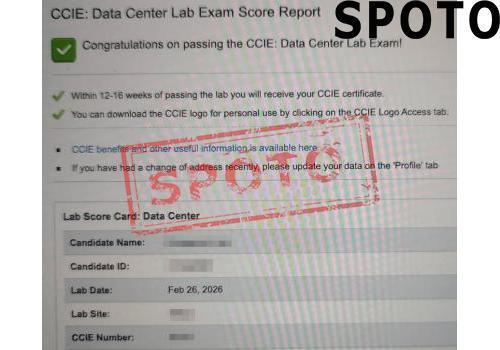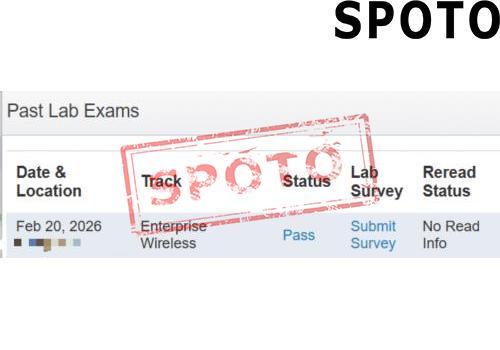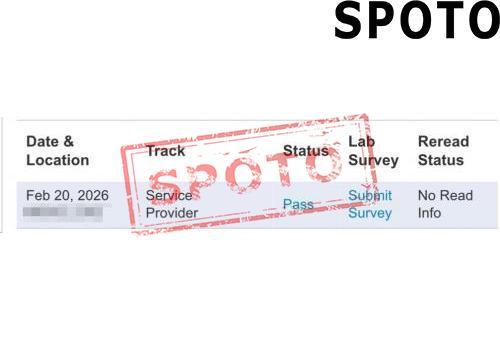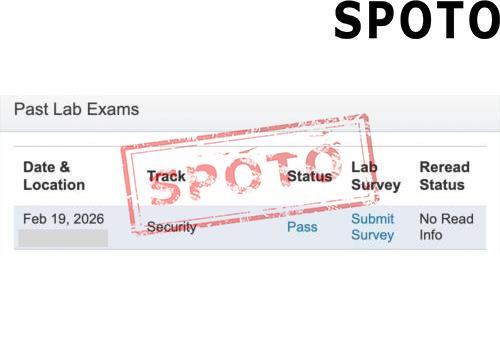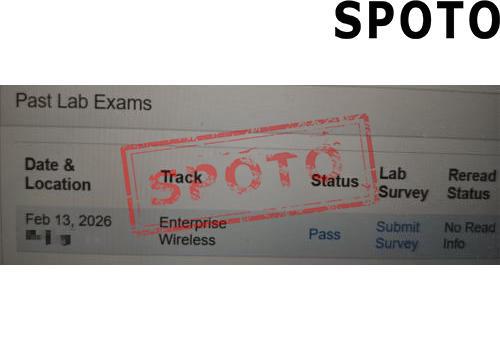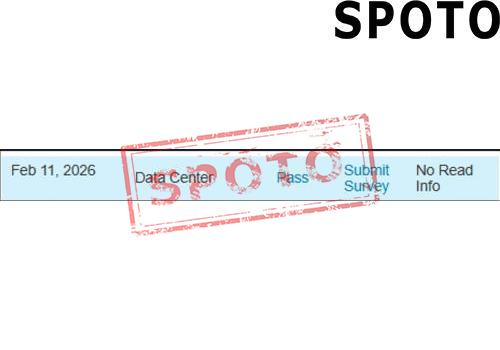
The Cisco Certified Internetwork Expert (CCIE) is one of the most prestigious certifications in the IT industry. With its rigorous testing and comprehensive curriculum, CCIE certifications showcase mastery in networking. However, one size does not fit all in the networking world, which is why Cisco offers multiple CCIE tracks tailored to different areas of expertise.
But how many paths can you choose, and which one is right for you? This guide delves into the various CCIE tracks, what they entail, and how to select the best path for your career.
The 6 CCIE Tracks: A Snapshot
Cisco provides six CCIE certification tracks, each focused on a specialized area of networking(CCDE and DevNet will be discussed separately in future articles). Let's break them down:
1. CCIE Enterprise Infrastructure
This track is ideal for network engineers looking to master enterprise-level infrastructure. It covers advanced topics like:
- Core routing and switching.
- Network design and architecture.
- SD-WAN and automation.
- Troubleshooting complex network scenarios.
It's perfect for professionals aiming to manage large-scale enterprise networks.
2. CCIE Enterprise Wireless
If you're passionate about wireless networking, this track focuses on designing, deploying, and troubleshooting wireless networks. Key areas include:
- Wi-Fi architecture and standards.
- Wireless LAN controller configurations.
- RF optimization and site surveys.
Wireless networks are essential in today's mobile-first world, making this track a strong career choice.
3. CCIE Security
With cybersecurity being a top priority, this track specializes in safeguarding networks. The curriculum dives into:
- Advanced threat defense and network security.
- Secure network design principles.
- Firewalls, VPNs, and intrusion prevention systems.
This is a must-have certification for those aiming to work in security-focused roles or lead cybersecurity initiatives.
4. CCIE Data Center
The Data Center track is tailored for professionals managing data centers and virtualization environments. Topics include:
- Storage networking and computing.
- Network automation and orchestration.
- Nexus and ACI configurations.
As data centers remain the backbone of IT infrastructure, this certification ensures you're equipped to handle cutting-edge technologies.
5. CCIE Service Provider
This track is for those focused on service provider networks. It emphasizes:
- Carrier-grade routing protocols.
- MPLS and segment routing.
- Network automation for service providers.
If your career goals involve working with ISPs or large-scale service networks, this is the path for you.
6. CCIE Collaboration
This track centers around collaboration technologies, including voice, video, and messaging systems. Core topics include:
- Cisco Unified Communications Manager.
- Video infrastructure and conferencing.
- SIP, H.323, and QoS principles.
It's an excellent choice for professionals aiming to master unified communications in enterprise environments.
How to Choose the Right CCIE Track
Selecting the right CCIE path depends on your interests, career goals, and existing expertise. Some tips are as follows:
1. Identify Your Passion
- Do you enjoy designing secure networks? Choose CCIE Security.
- Fascinated by wireless technology? Go for CCIE Enterprise Wireless.
Your interests should guide your decision.
2. Consider Market Demand
Research job trends in your region or desired industry. Tracks like Enterprise Infrastructure and Security are highly in demand globally, while Data Center and Service Provider roles often come with niche but lucrative opportunities.
3. Leverage Your Experience
If you already have expertise in a specific area, align your CCIE track with your existing knowledge. For instance, a background in cybersecurity makes CCIE Security a natural progression.
4. Assess Future Trends
Emerging technologies like automation and SD-WAN are integral to the Enterprise Infrastructure track. Similarly, the rising importance of data centers positions CCIE Data Center as a future-proof choice.
Why Choose a CCIE Certification?
1. Unmatched Credibility
The CCIE certification is a globally recognized credential that validates expert-level skills. It makes you stand out in a competitive job market.
2. Career Advancement
CCIE-certified professionals often secure leadership roles, higher salaries, and opportunities to work on cutting-edge technologies.
3. Deep Technical Expertise
Each track ensures you gain specialized knowledge, making you an invaluable asset to organizations.
4. Networking Opportunities
Becoming part of the CCIE community connects you with industry leaders and like-minded professionals.
Challenges of Earning a CCIE Certification
1. Rigorous Exam Process
The CCIE requires passing both a written qualifying exam and an 8-hour hands-on lab exam. The process is intense but rewarding.
2. Time Commitment
Preparing for a CCIE can take months of dedicated study and practice. Consistency and persistence are crucial.
3. Cost
The certification isn't cheap, with exam fees and preparation resources adding up, but the long-term benefits often outweigh your initial investment.
Conclusion
The CCIE certification offers six specialized tracks, each designed to hone expert-level skills in distinct areas of networking. Whether you're drawn to enterprise infrastructure, security, data centers, or wireless technologies, there's a path tailored to your ambitions.
Choosing the right track requires aligning your passions, expertise, and market demands. While the journey to earning a CCIE is challenging, the rewards are unparalleled—making it a worthy goal for any networking professional.
